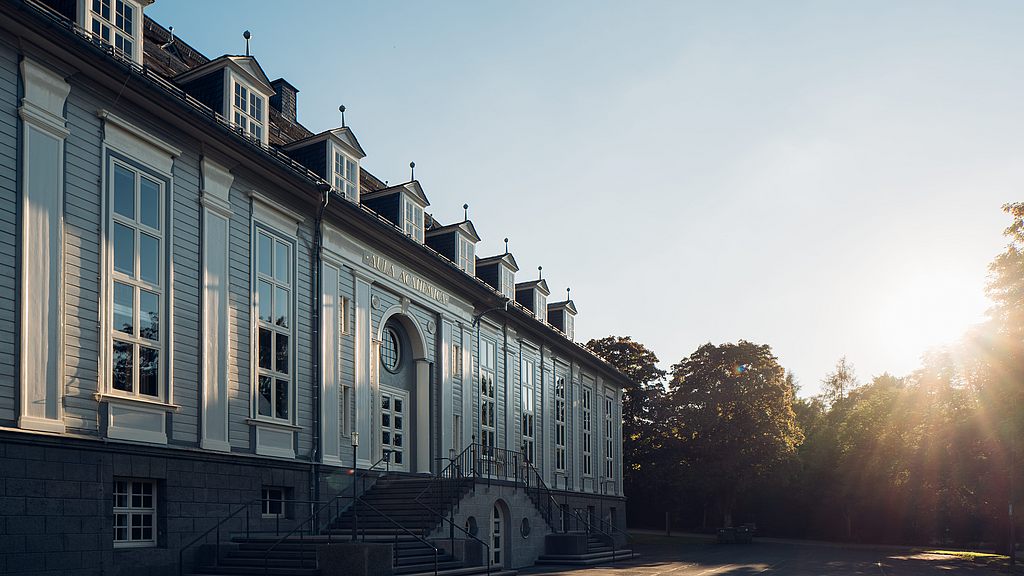Our guiding principle: the circular economy
The future supply of energy and raw materials must be climate-neutral and sustainable. The European Union, the World Economic Forum, the German Government, and the Land of Lower Saxony are united in that objective. It is a challenge that society has to face, and TU Clausthal is playing its part in that endeavor, not least with the aid of digitalization. This is what the university set out in its strategic vision for 2030 and in its latest organizational analysis: In research, teaching, and technology transfer, the overarching theme for TU Clausthal, its guiding principle, is the circular economy.
The circular economy represents a departure from the throw-away economy of the past in that it takes a circular rather than a linear view of the use of resources like energy, materials, and information. Next to its narrow definition as an economic order that favors circular materials, the circular economy also encompasses renewable or circular energy and, as part of the digital transition, the digital management of the whole system. Digitalization has special significance here, since it is the only means by which industrial processes designed for the linear system can be successfully transformed to suit a circular regime. Apart from technological issues, the holistic approach of the circular economy also addresses behavioral and economic matters. The three dimensions of sustainability – environmental, social, and economic – are crucial to the transition of our energy and raw-materials systems and to the necessary transformation of society. In this respect, public approval of the proposed technological solutions and sustainable business models is indispensable. This aspect is actively included in our processes of research and technology transfer as well as teaching.
Guided by the university’s overarching theme, the scientists and academics of TU Clausthal, from all faculties and institutes together, have organized themselves into four interdisciplinary research areas:
- Sustainable Energy Systems
- Raw-Materials Supply and Resource Efficiency
- Sustainable materials and processes
- Digitalization for a Sustainable Society
Under the umbrella of the circular economy, they coordinate their work closely both within and across the research areas. The Harz university’s six research centers in particular provide an ideal platform for this in practice.
The objectives of the circular economy should be seen as the responsibility of society as a whole. To fulfill it, we need the right structures to be established across the board that will underpin the circular society, beginning with circular regions and circular cities. More and more cities and regions must adopt the underlying principle of circularity – in other words, sustainability and resource efficiency – in their economies. The wider Harz region, with its position as a center of excellence on recycling in conjunction with TU Clausthal’s academic expertise in relation to the circular economy, has the necessary conditions in place to become such a circular region. The university is therefore taking up the challenge as a pacemaker for its region and will play a major role in shaping the Harz as a circular region in the years and decades ahead. TU Clausthal – a university for the circular economy.
